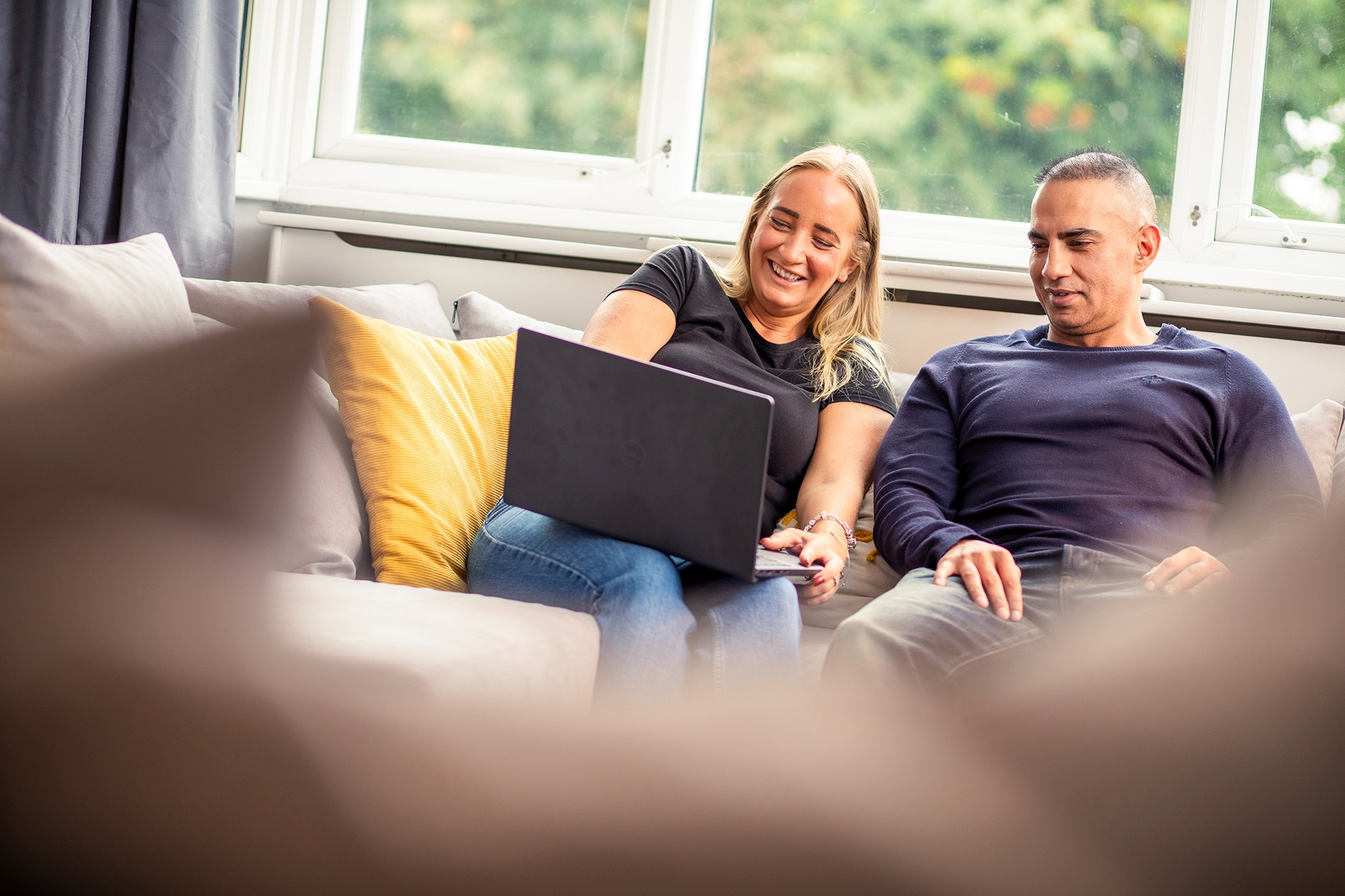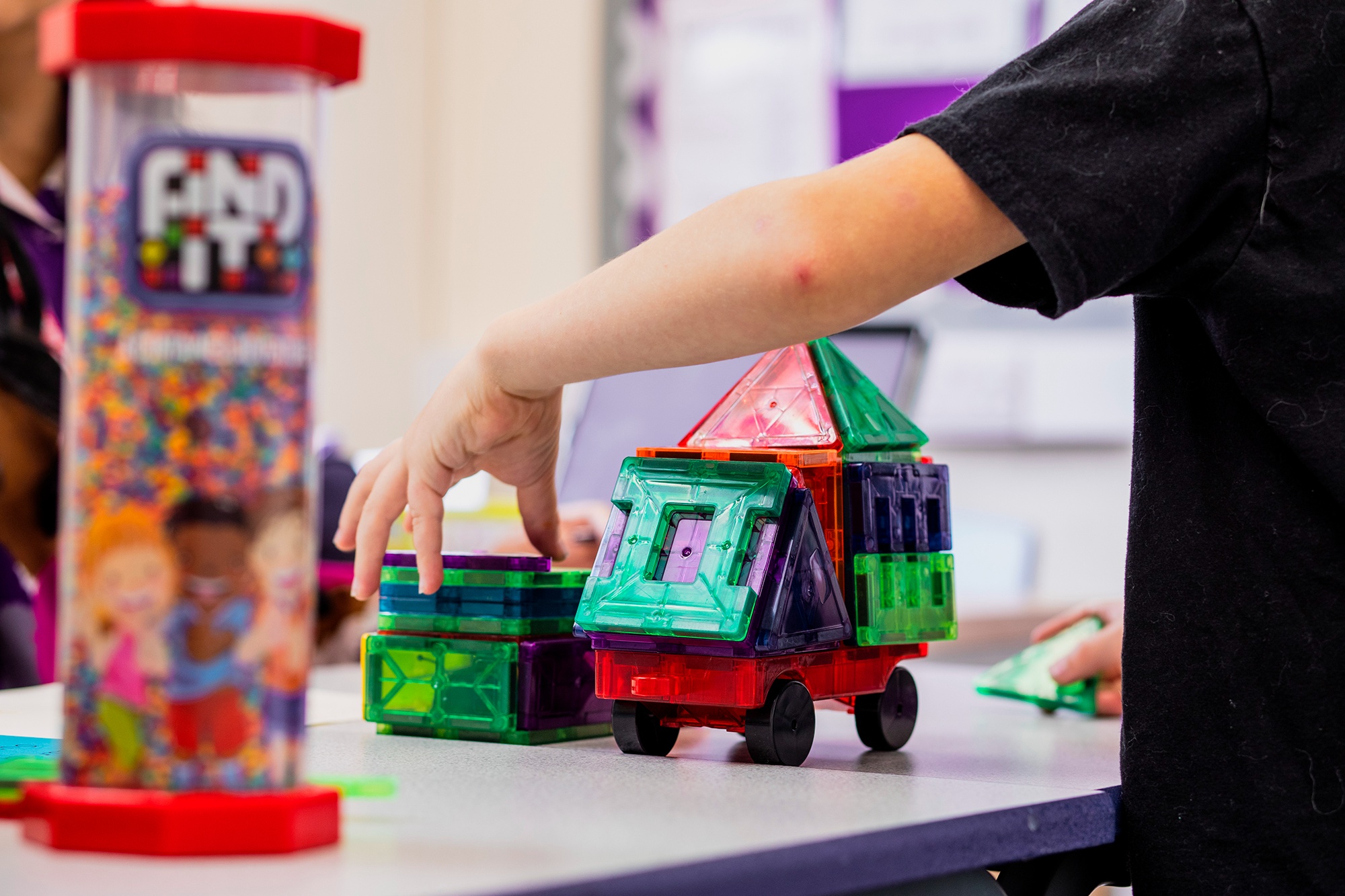Learning through our care
There are many reasons why a young person may find it difficult to learn in a school setting.
They may have experienced recent or historic trauma, suffer with high levels of emotional distress, have a mistrust of adults, or have unmet special educational needs.
Learning through our care is about harnessing the power of the relationships, routines and secure attachments that exist within home settings, to ensure a positive outcome and successful transition into education.
To ensure the transition is manageable, young people can either work with our Turning the Curve™ tutors at their home or attend virtual classes via our online school. Both options aim to re-engage young people missing from education by providing a safe and flexible learning environment.
Collaborative and integrated approach 
Our education and care teams work together in a therapeutically informed way to plan and provide opportunities that enrich a young person’s educational experience.
This will be directly linked to targets set out in their EHCP (Education, Health, and Care Plan) and PEP (Personal Education Plan) and will embed knowledge and skills from the core curriculum.
This could include anything from physical learning, preparation for adulthood, and educational visits, to community engagement opportunities.
Fun and engaging challenges 
Tutors can set learning challenges to do at home, which are based around a young person’s hobbies, interests, and talents. Or it could be based around a wider curriculum area like history or geography.
The young person can record their learning however they choose, and we’ve seen some creative approaches that include song lyrics, documentaries, and podcasts.
Some examples of the topics covered so far include Where in the world is Antarctica? Just how fast is Formula One? Where is the hottest place on earth? And who is the most successful Olympian of all time?
Learning through our care includes opportunities to gain cultural awareness and knowledge through online platforms like the Learning Passport, as well as AQA unit award programmes, and ASDAN (Award Scheme Development and Accreditation Network) qualifications.
Take a look at our case study...





